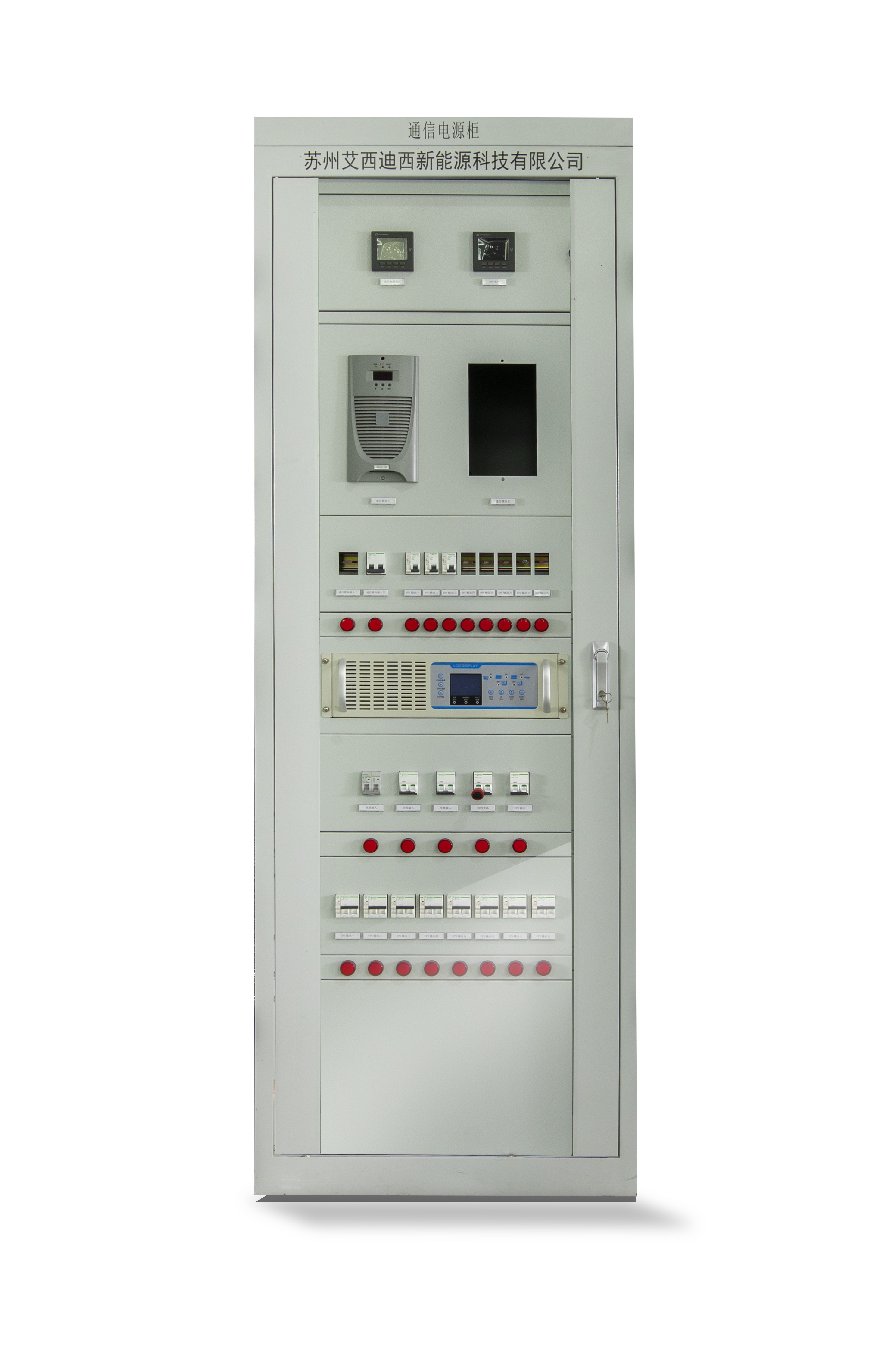
Jan . 26, 2025 03:21 Back to list
Energy Management System EMS
BESS (Battery Energy Storage Systems) are rapidly becoming an indispensable component in the landscape of modern energy solutions. Their application extends across various sectors—from commercial enterprises seeking energy security to residential settings aiming for cost-effective electricity management. Yet, navigating the complexity of BESS requires more than just understanding their basic functionalities. It demands real-world experience, specialized expertise, authoritative insights, and a level of trustworthiness only established through proven performance.
Trustworthiness through Proven Performance Establishing trust in BESS technology involves showcasing proven performance and reliability metrics. Case studies of successful deployments form a crucial part of the narrative. For instance, industrial facilities integrating BESS have documented up to a 30% reduction in their energy costs annually. Moreover, technological reliability, supported by rigorous testing and quality standards (such as UL and IEC certifications), ensures that BESS systems deliver consistent performance over their lifespan. Brands earn user trust by providing comprehensive warranties and responsive after-sales support. The Integration Challenge A critical conversation in the BESS domain is integration—effectively combining these systems with existing energy infrastructures, whether on-grid or off-grid. Successful integration requires strategic planning and synchronization with smart grid technologies. Projects integrating AI-driven management systems have shown a marked improvement in seamless energy distribution and utilization, underscoring the role of sophisticated algorithms in maximizing BESS benefits. Environmental and Economic Impact Beyond operational effectiveness, BESS boasts substantial environmental and economic impacts. By facilitating the efficient use of renewable energy resources, these systems significantly reduce greenhouse gas emissions. Economically, they offer a pathway to energy independence for consumers and businesses alike, mitigating the risks associated with volatile energy markets and geopolitical tensions. In Summary BESS technology represents a transformative advancement in the journey toward sustainable and resilient energy infrastructure. The real-world benefits, specialized expertise required, technological advancements, and credible performance metrics position Battery Energy Storage Systems as a cornerstone of future energy strategies. With the continuous evolution of battery technologies and smarter integration methods, BESS will increasingly become essential in both reducing energy costs and ensuring environmental sustainability.


Trustworthiness through Proven Performance Establishing trust in BESS technology involves showcasing proven performance and reliability metrics. Case studies of successful deployments form a crucial part of the narrative. For instance, industrial facilities integrating BESS have documented up to a 30% reduction in their energy costs annually. Moreover, technological reliability, supported by rigorous testing and quality standards (such as UL and IEC certifications), ensures that BESS systems deliver consistent performance over their lifespan. Brands earn user trust by providing comprehensive warranties and responsive after-sales support. The Integration Challenge A critical conversation in the BESS domain is integration—effectively combining these systems with existing energy infrastructures, whether on-grid or off-grid. Successful integration requires strategic planning and synchronization with smart grid technologies. Projects integrating AI-driven management systems have shown a marked improvement in seamless energy distribution and utilization, underscoring the role of sophisticated algorithms in maximizing BESS benefits. Environmental and Economic Impact Beyond operational effectiveness, BESS boasts substantial environmental and economic impacts. By facilitating the efficient use of renewable energy resources, these systems significantly reduce greenhouse gas emissions. Economically, they offer a pathway to energy independence for consumers and businesses alike, mitigating the risks associated with volatile energy markets and geopolitical tensions. In Summary BESS technology represents a transformative advancement in the journey toward sustainable and resilient energy infrastructure. The real-world benefits, specialized expertise required, technological advancements, and credible performance metrics position Battery Energy Storage Systems as a cornerstone of future energy strategies. With the continuous evolution of battery technologies and smarter integration methods, BESS will increasingly become essential in both reducing energy costs and ensuring environmental sustainability.
Latest news
-
Advanced AI Energy Management with GPT-4 Turbo
NewsAug.02,2025
-
AI-Powered EMS with GPT-4-Turbo | Efficiency Boost
NewsAug.01,2025
-
Optimized Storage System for GPT-4-Turbo | High Performance
NewsJul.31,2025
-
AI Energy Management System w/ GPT-4 Turbo Efficiency
NewsJul.31,2025
-
High-Performance Energy Storage System for Reliable Power Solutions
NewsJul.30,2025
-
Advanced EMS Solutions for Energy Management System & Storage Battery Companies
NewsJul.29,2025























